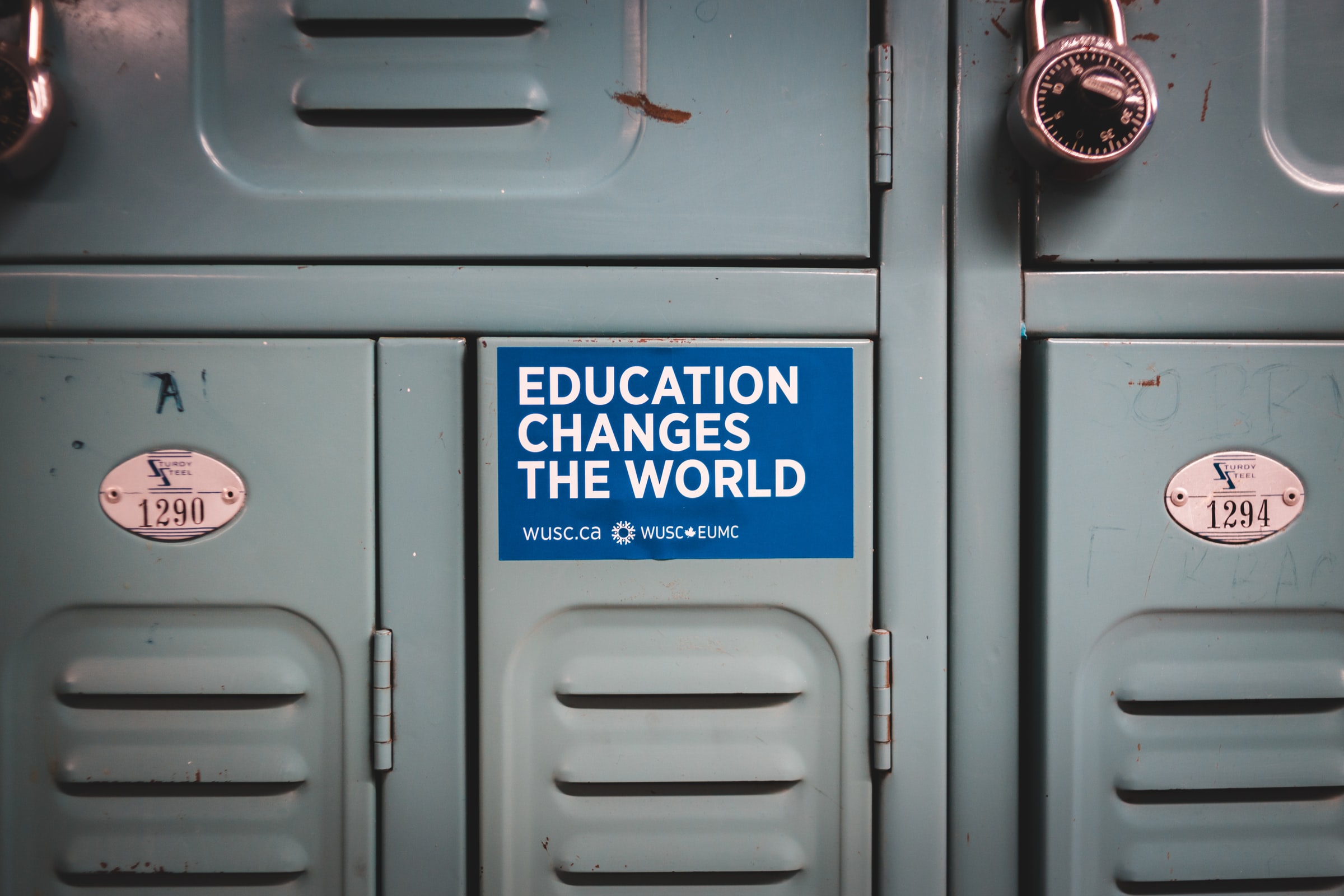Research recommends classrooms and corridors should only be sanitized when pupils leave the premises
Constant cleaning with potentially toxic products could have a significant impact on children’s long-term health, a new study suggests.
Making UAE Schools Healthy, a study by Emirates Green Building Council, which promotes the development of environmentally friendly buildings, said schools must use more natural cleaning products.
It carried out a pilot project in a school to evaluate indoor environmental quality and its association with health and performance of pupils.
Sterilizing public places, including schools, throughout the day has become common since the Covid-19 pandemic began.
Researchers found two classrooms in the school exceeded the limits set by Dubai Municipality for temperature, humidity, and carbon dioxide, hindering children’s ability to learn.Although a small-scale study, the study’s authors said the practice of over-cleaning – often with the best of intentions – had become widespread.
We conducted the study at one school, and we found that the indoor air environment needed to be improved,” Dr Waleed Yagoub, director at Emirates Green Building Council, said.
The investigation revealed that the school used harmful cleaning products with “acetone, benzene, toluene, ethylbenzene and xylene and terpenes, the latter being usually generated from cleaning products,” the report said.
According to US government agency the Centers for Disease Control and Prevention, long-term exposure to such chemicals can cause a faster pulse, anemia, excessive bleeding, increased risk of infection and several other conditions.In one room, traces of dichlorobenzenes, often used as pesticides, were also found.Dichlorobenzenes can cause coughing and wheezing, dizziness, swelling around the eyes, nausea and vomiting.It has the potential to cause kidney and liver cancer in animals.
The study recommended to “change cleaning products by selecting fragrance-free products and/or with eco-label to reduce terpenes [aromatic compounds] concentration”.
Dr Yagoub said schools should use cleaning materials that emit fewer pollutants.
“The first recommendation is that when using any new type of cleaning product, people have to make sure that they read the ingredients properly,” he said.
“People sometimes might try to overuse certain types of products,” to ensure everyone is safe, he said.
“In a school environment this is going to affect pupils, so you have to bear in mind that whatever product you are going to use, make sure that it’s not going to impact the air quality.”
He recommended using cleaning products while schools are unoccupied and ensure proper ventilation after the room has been disinfected.
“It is important to undertake more benchmarking studies across a larger number of schools.”
The study recommended that schools increase ventilation for better air circulation, and maintain humidity levels to ensure pupils were comfortable and able to concentrate.
“Once there is more fresh air coming into the building, this will dilute the carbon dioxide emissions,” Dr Yagoub said.
The report also said environmental quality should be a factor in rating a school’s performance and highlighted the need to regularly inspect indoor environmental quality at schools.
In 2018, The National reported that some schools overusing chemical products to clean classrooms and hallways potentially put pupils’ health at risk.
A study carried out by the British University in Dubai in 2012 found high levels of soot particles in four government schools.
While recommended guidelines suggest a maximum of 15 milligrams per cubic metre, the study found between 200mg and 250mg.
Dr Yagoub said the council was in talks with Dubai Municipality, and was keen to work with the authorities them to improve the situation in schools.

